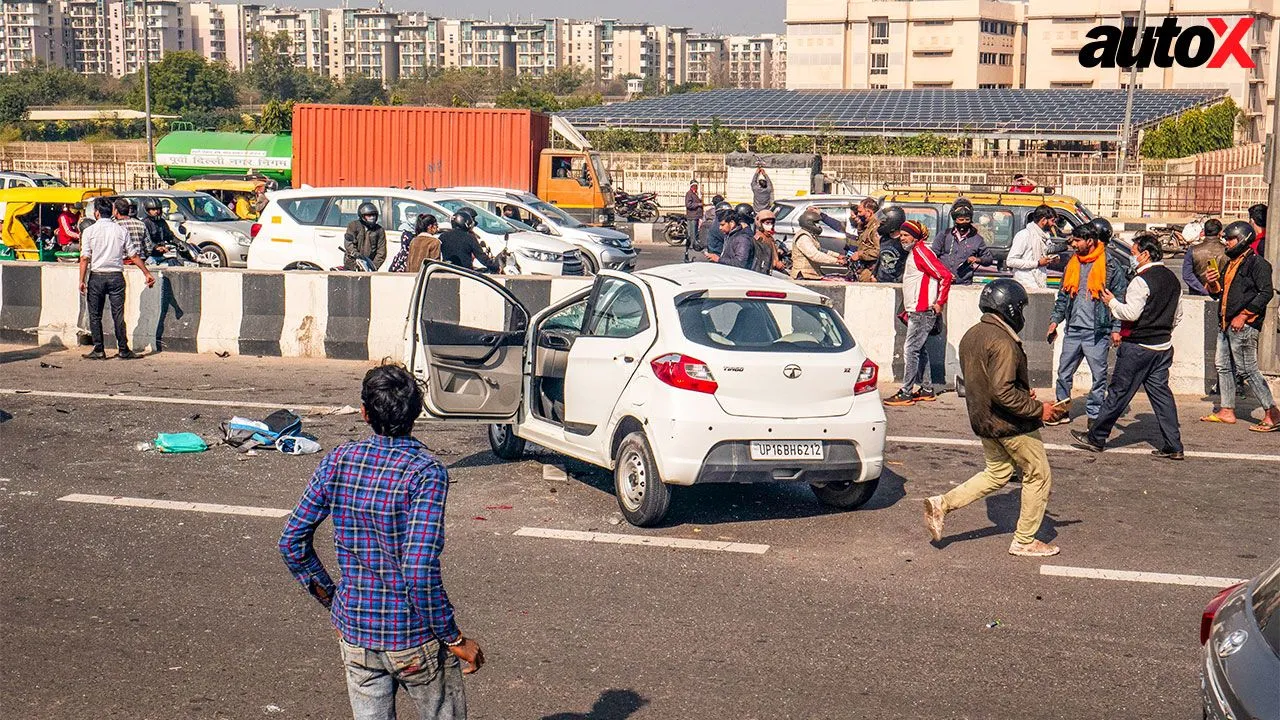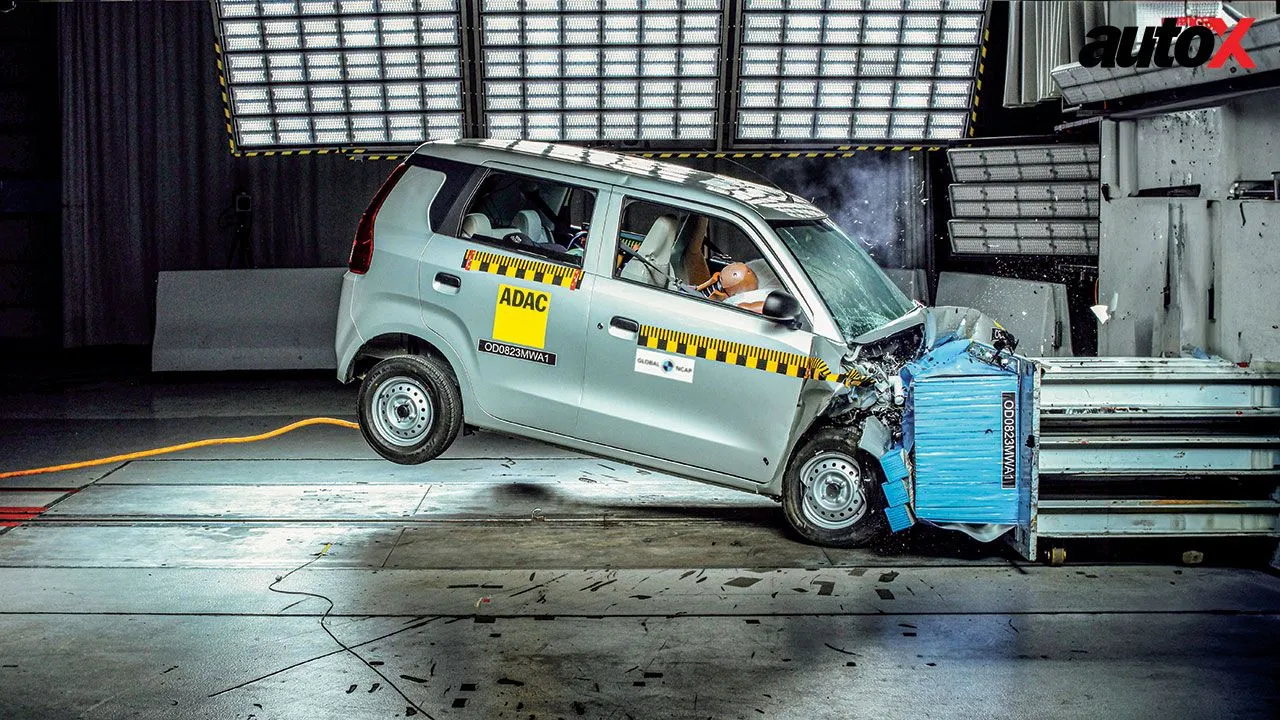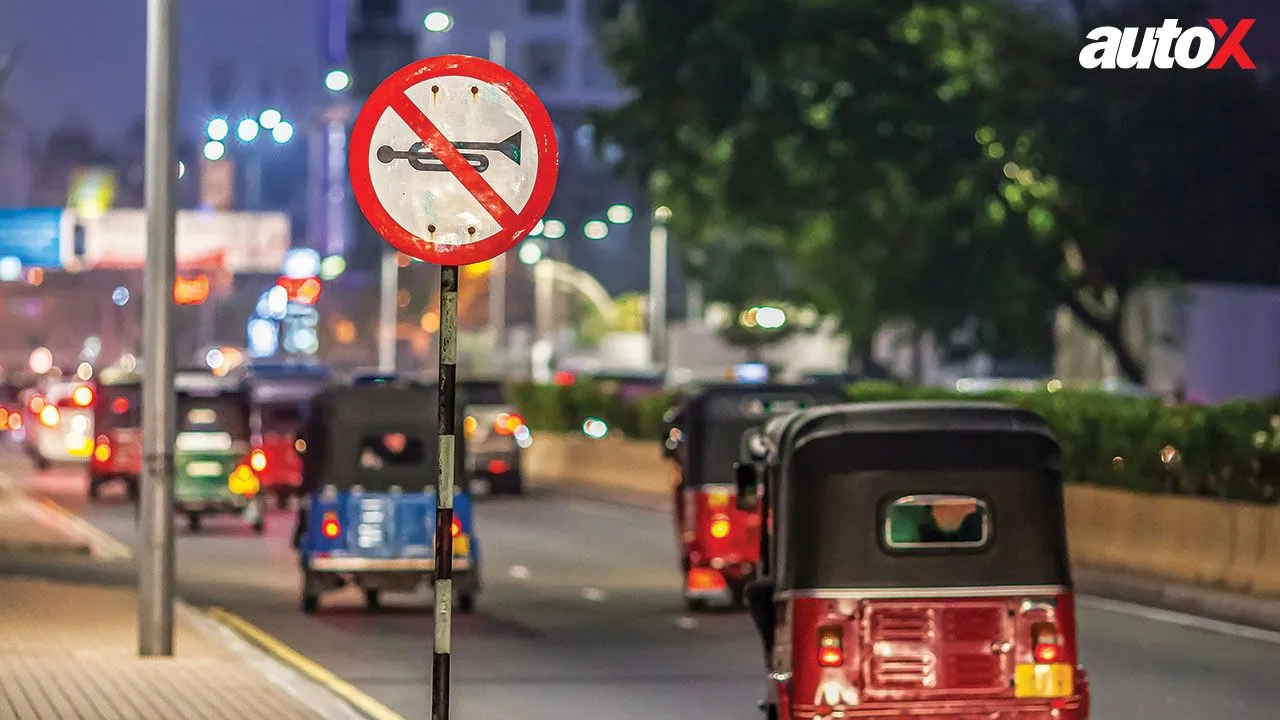You absolutely must sweat the small stuff
That’s what fellow car geek Srinivas Krishnan – better known as Srini – says in his column in this issue

That’s what fellow car geek Srinivas Krishnan – better known as Srini – says in his column in this issue. And while that’s a pretty good rule of thumb by and large, in this case, it’s absolutely essential.
Without giving too much away, he talks about the Broken Windows approach, which was used very effectively in New York City to reduce crime. Essentially, when streets and subways started getting cleaned up, and minor offences prosecuted, it led to the perception that law and order was being restored and crime being clamped down upon. Consequently, larger offences – even criminal acts – came down as a result. Do read his column to understand exactly how and why. It makes perfect sense, and yet it’s fascinating.
Similarly, clamping down on minor traffic violations will go a long way in improving the safety on our treacherous roads. I’ve long believed that we’re creating a culture of habitual offenders by not prosecuting lawless behaviour on our roads. If someone gets away with breaking a traffic light every day of the week, it’s sure to instil a brazen attitude towards the rule of law. After all, if it isn’t enforced on our roads and in our daily lives, it’s bound to lead to the question of whether it’s being enforced at all in other facets of our society. As I’ve said before, unless we start fiercely and strictly implementing the rule of law on our anarchy-fuelled roads, we’re doomed to slide down the slippery slope of lawlessness to a point where we create habitual offenders faster than we’ll ever be able to keep track of. That’s just common sense, not some sociological theory.
There’s a great deal more common sense in this issue as well, courtesy of the first AutoX Awards panel discussion, in which leaders of the industry talk about the importance of infrastructure development, the need for a long term electrification and emissions strategy that incorporates a technology-agnostic approach, continued tax reform and, most importantly, how the Indian customer is evolving.
Of course, the evolving customer is key to sustained growth, but creating an enabling environment is critical. And, in doing so, sweating the small stuff is equally critical.






























Write your Comment on